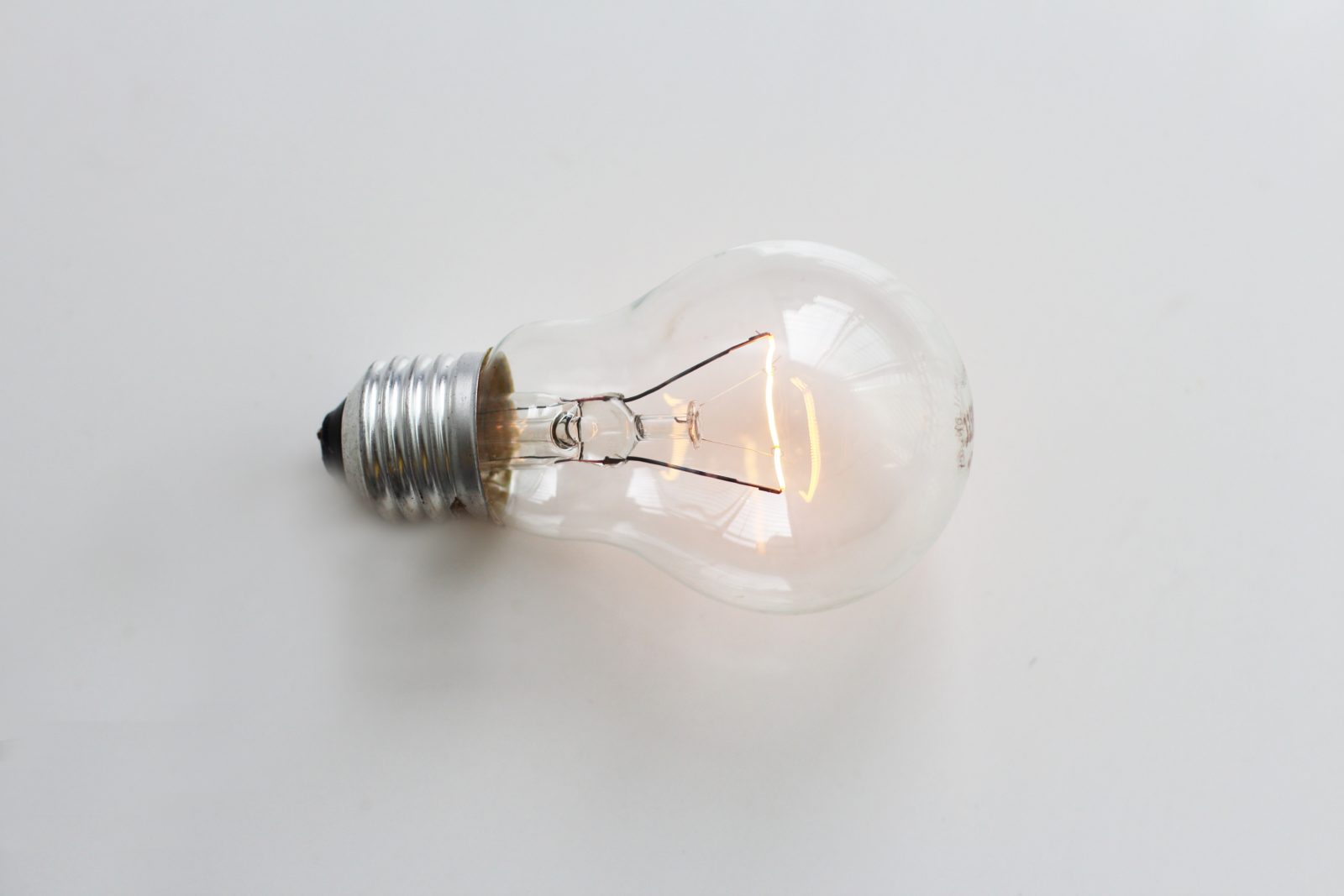According to a recent analysis conducted by the Center for Economy of Regulated Sectors at the University of Economics in Prague, nearly one in three households in the Czech Republic experiences some form of energy poverty. This includes families for whom energy payments constitute a disproportionately high portion of their income, those struggling with unpaid obligations to energy companies, and those unable to afford adequate home heating. The study reveals that over the past year and a half, the number of people affected by energy poverty has risen by up to five percentage points, equating to approximately one-fifth of the population.
Lucie Burešová, the center’s director, expressed concern over this significant increase in energy poverty, bringing the levels back to those seen in 2011. She emphasized the need for the government to respond by implementing a long-term and sustainable solution to address the issue effectively. Burešová suggested the establishment of a coordinating center that would facilitate collaboration among various ministries to tackle energy poverty comprehensively. However, she highlighted the challenge of fragmented data and emphasized the importance of data integration to develop effective strategies.
In the Czech Republic, which had nearly 4.5 million households last year, approximately 1.35 million households are affected by energy poverty. Burešová proposed short-term solutions such as a social tariff or an energy allowance that could supplement the existing housing allowance. However, she cautioned against implementing a blanket approach like the cost-cutting tariff used by the government in the previous year, advocating for more targeted and equitable measures.
The analysis from the University of Economics aligns with previous studies conducted by the Duha movement and the Housing Initiative, highlighting the vulnerability of specific groups, including families with children, single parents, and elderly individuals. Researchers found that energy poverty predominantly affects those living in energy-intensive buildings, including residents of family houses and individuals in rental apartments.
To address the problem, the analysis recommended direct payment transfers to energy providers for the energy allowance, preventing the accumulation of arrears with suppliers. Additionally, Petr Holub from the consulting company Budovy21 proposed extending subsidies for renovation to apartment owners. This would provide support similar to low-income homeowners under the NZÚ Light program, enabling them to improve energy efficiency by installing new windows or enhancing insulation. While the Ministry of the Environment has announced its intention to provide incentives for housing complexes with a higher concentration of low-income households, further details regarding the implementation are yet to be disclosed.





